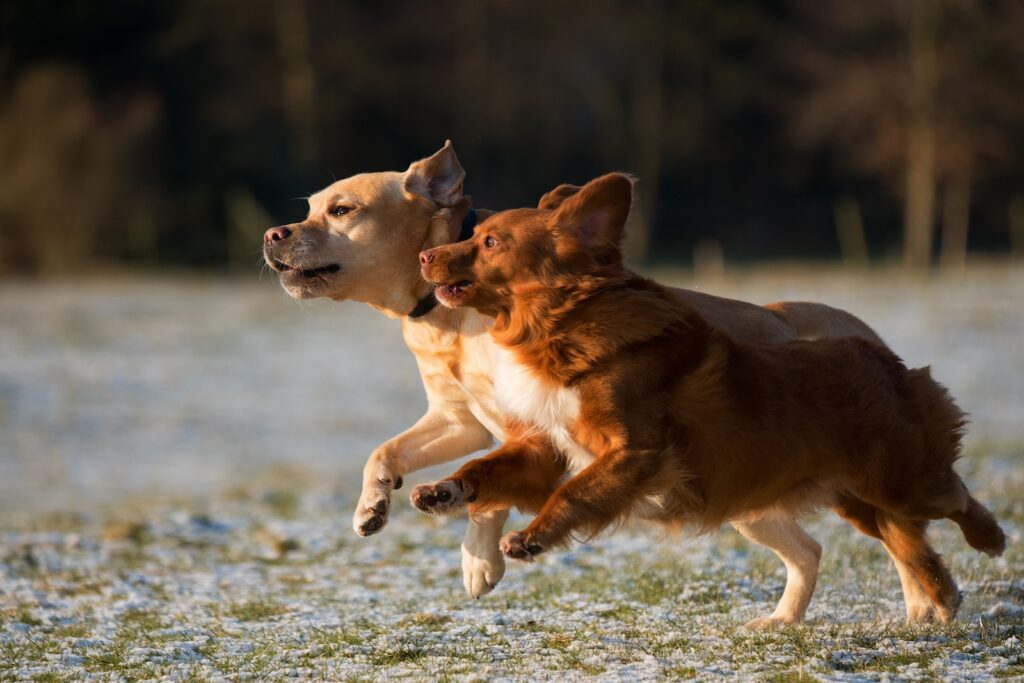Can Dogs Eat Cashews? — No, They can’t
Cashews are not suitable for dogs to consume. Although cashews may seem like a delicious and healthy snack for humans, they can potentially be harmful to our furry friends if consumed in large quantities. Cashews contain a high amount of fat, which can lead to digestive issues, such as an upset stomach or diarrhea, in dogs. Additionally, cashews can also pose a choking hazard for dogs, especially small breeds. It is best to avoid giving cashews to your dog altogether to ensure their well-being and health.
Can Puppies Eat Cashews?
No, puppies should not be given cashews to eat. Puppies have delicate digestive systems that are still developing, and introducing cashews at a young age can cause digestive issues and discomfort. It is important to provide puppies with a balanced diet specifically formulated for their nutritional needs. Cashews, being high in fat, may not provide the necessary nutrients required for a growing puppy. It is always best to consult with your veterinarian before introducing any new foods to your puppy’s diet.
Things to consider when feeding cashews to puppies?
When considering introducing cashews or any other human food to your puppy’s diet, it is crucial to consult with your veterinarian. They can provide guidance on the appropriate time and amount to include such foods, if at all. Puppies have specific nutritional requirements that differ from adult dogs, and it is essential to ensure that their diet meets these specific needs.
Nutritional Benefits of Cashews for Dogs — Why Cashews are not Good for Dogs?
Cashews Are High in Fat
Cashews are known to contain a high amount of fat. While healthy fats are an essential part of a balanced diet for humans, dogs have different dietary needs. Feeding cashews to dogs in excessive amounts can result in weight gain, pancreatitis, or other adverse health effects related to a high-fat diet.
Potential Allergies: Can Dogs Be Allergic to Cashews?
Yes, dogs can develop allergies to cashews. Allergic reactions vary among dogs, and the severity of the reaction can range from mild to severe. Symptoms of cashew allergies in dogs may include itching, skin irritations, diarrhea, vomiting, or difficulty breathing. If you suspect your dog has a cashew allergy, it is crucial to consult with your veterinarian for proper diagnosis and guidance on managing your dog’s allergies.
Symptoms of Cashew Allergies in Dogs
- Itching and Skin Irritations: Dogs with cashew allergies may experience intense itching, which can lead to skin irritations or rashes.
- Gastrointestinal Issues: Some dogs may experience digestive problems such as diarrhea, vomiting, or an upset stomach after consuming cashews.
- Respiratory Issues: In severe cases, dogs may exhibit symptoms like coughing, wheezing, or difficulty breathing as a result of a cashew allergy.
What to Do If Your Dog Shows Symptoms?
- If you notice any symptoms of a cashew allergy in your dog, it is essential to seek veterinary care immediately.
- Your veterinarian may recommend a change in diet, prescribe medication to alleviate symptoms, or suggest avoiding cashews altogether.
- Do not attempt to treat the symptoms on your own without professional guidance.
Recommended Amount: How Much Cashews Can a Dog Consume?
Cashews are not recommended for regular consumption by dogs due to their high-fat content. Even in small quantities, cashews can contribute to weight gain and other health issues in dogs. It is best to avoid feeding cashews to dogs altogether and focus on providing them with a nutritionally balanced dog food that meets their specific dietary requirements.
Things to Consider When Feeding Cashews to Dogs
When it comes to treating your dog, it is important to remember that not all human foods are safe for them to consume. Some foods, like cashews, can pose potential risks to their health. Always consult with your veterinarian before introducing any new food items into your dog’s diet. They can guide you on suitable treats and ensure that your furry friend stays healthy and happy.
How to Feed Cashews to Dogs: A Quick Guide
Due to the potential risks associated with feeding cashews to dogs, it is not recommended to include them in their diet. Instead, opt for dog-friendly treats and snacks specifically formulated to meet their nutritional needs. If you’re looking to provide your dog with a crunchy snack, consider options like carrot sticks or dog-friendly dental chews. Always prioritize your dog’s overall well-being and consult with your veterinarian for appropriate treat options.
Conclusion
In conclusion, cashews are not suitable for dogs to consume. They are high in fat, can lead to digestive issues, and may cause allergic reactions in some dogs. It is best to avoid giving cashews to your dog and opt for dog-friendly treats that are specifically formulated to meet their nutritional needs. Prioritize your dog’s health and always consult with your veterinarian for guidance on their diet and suitable treat options.






